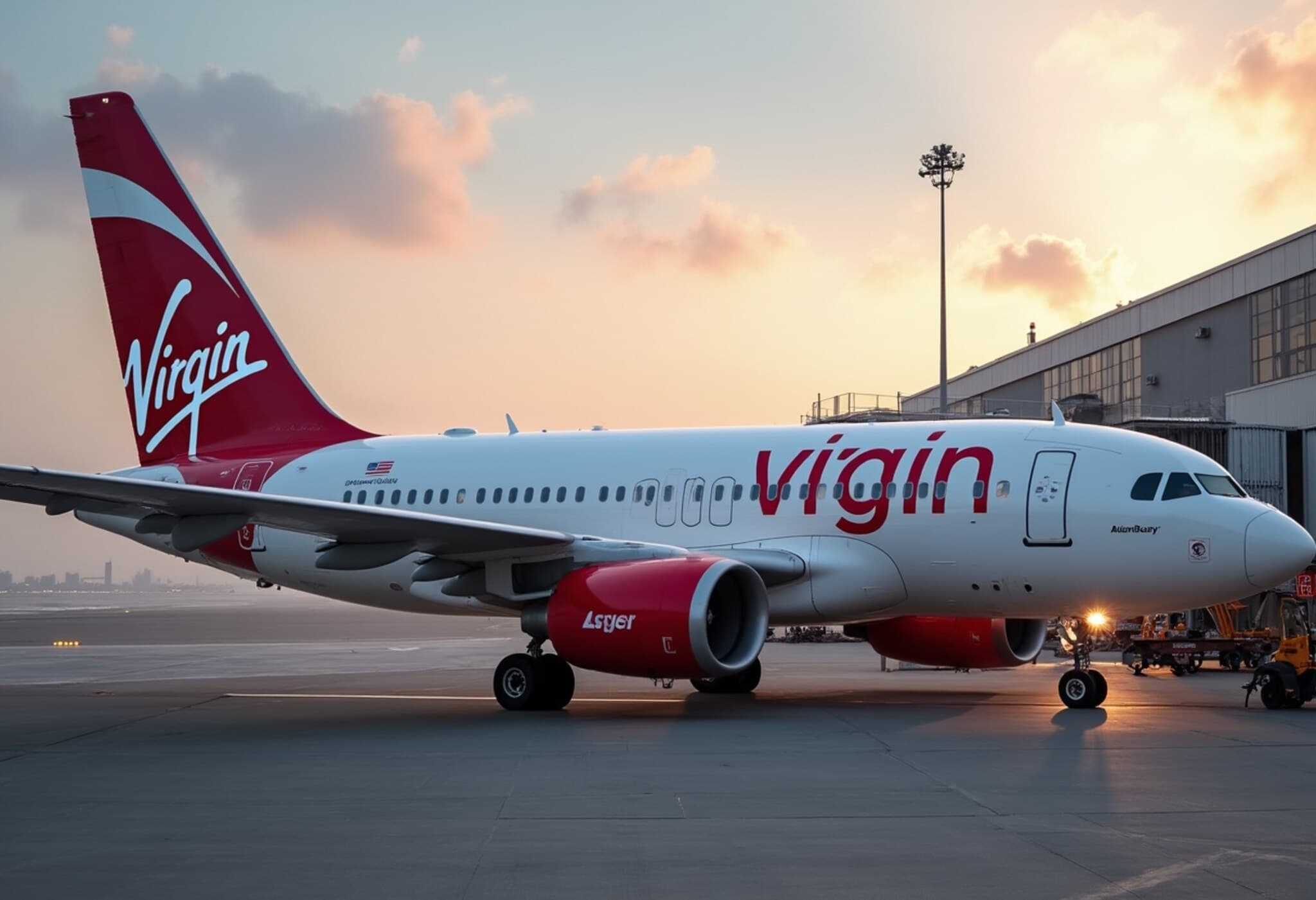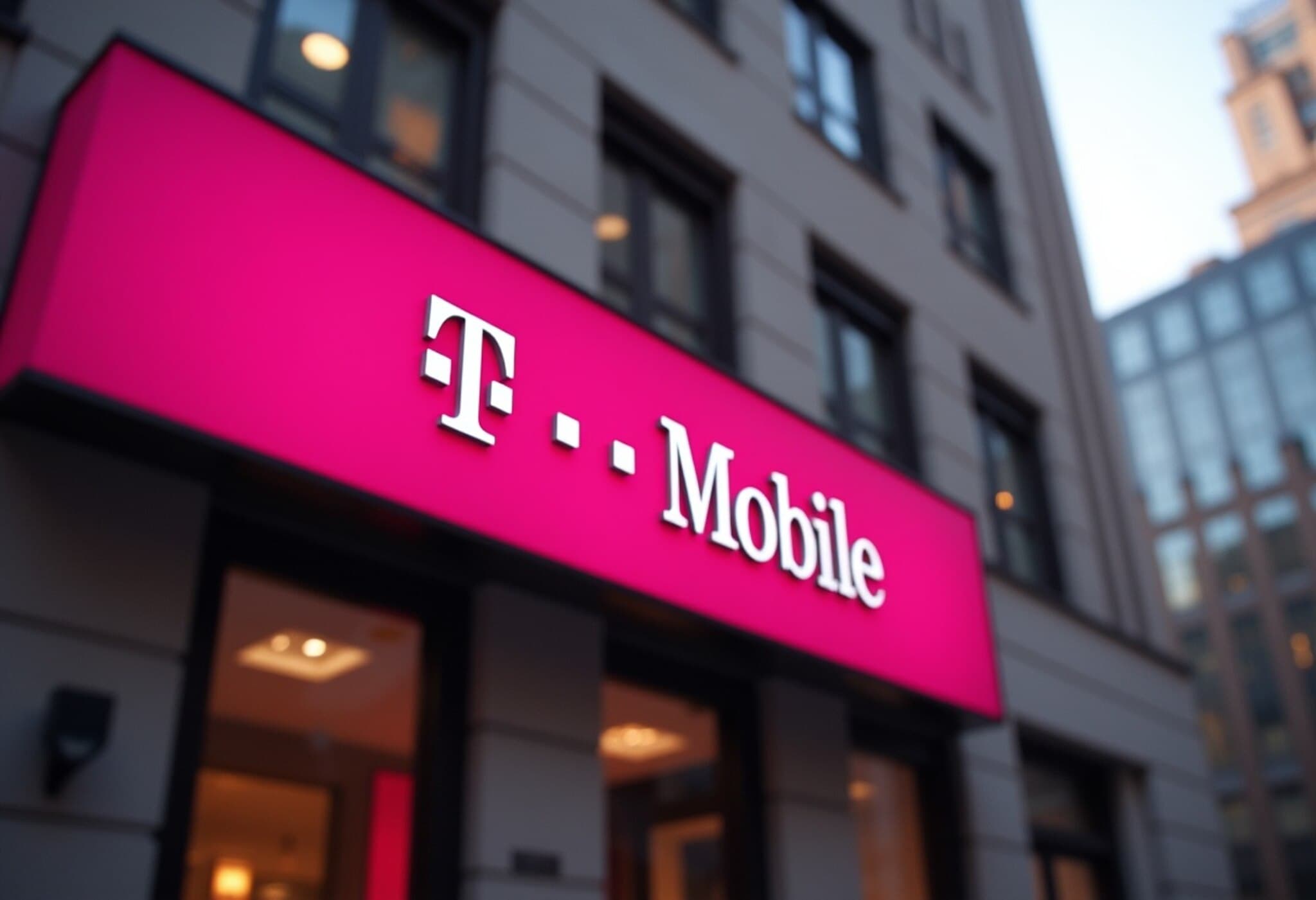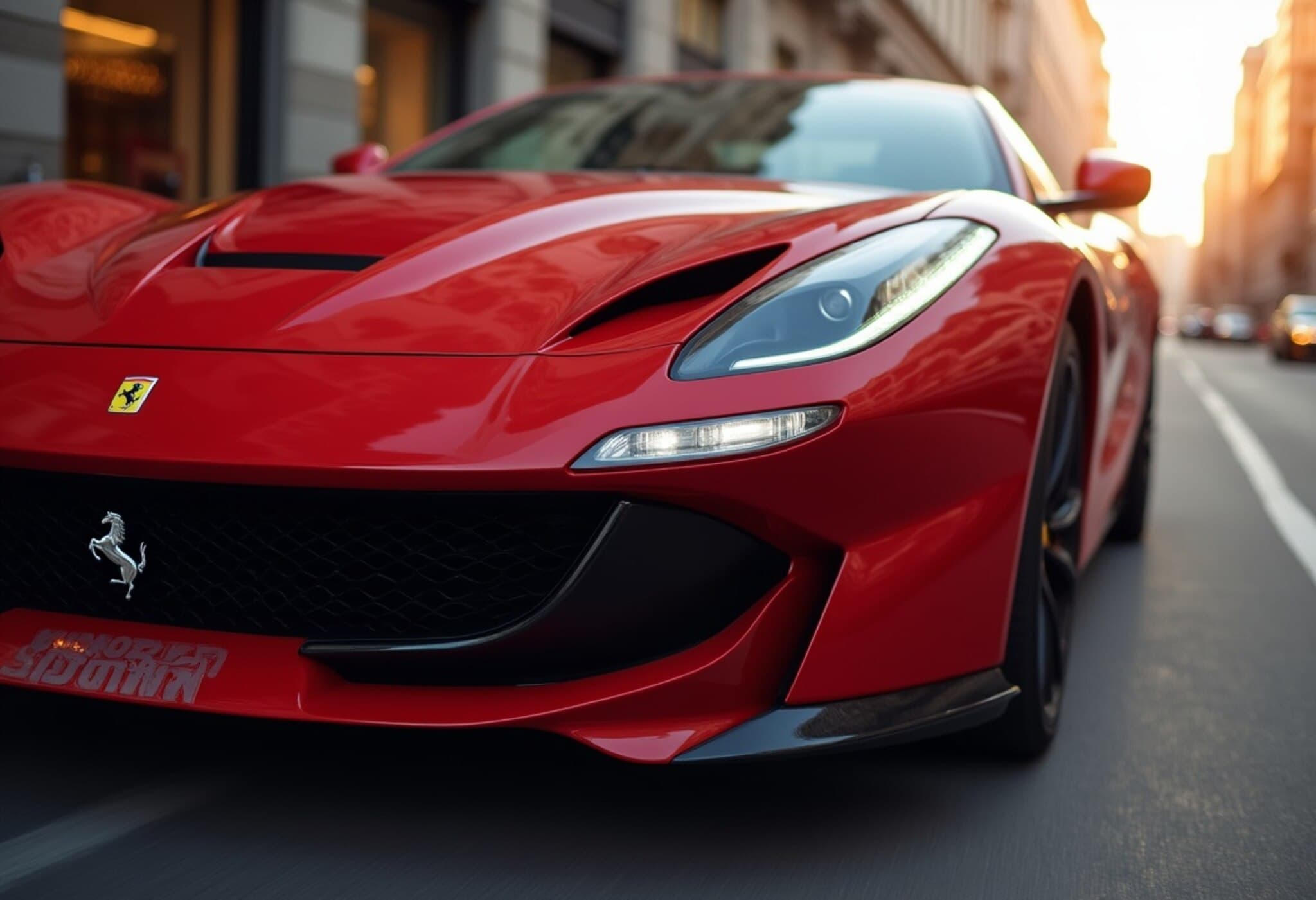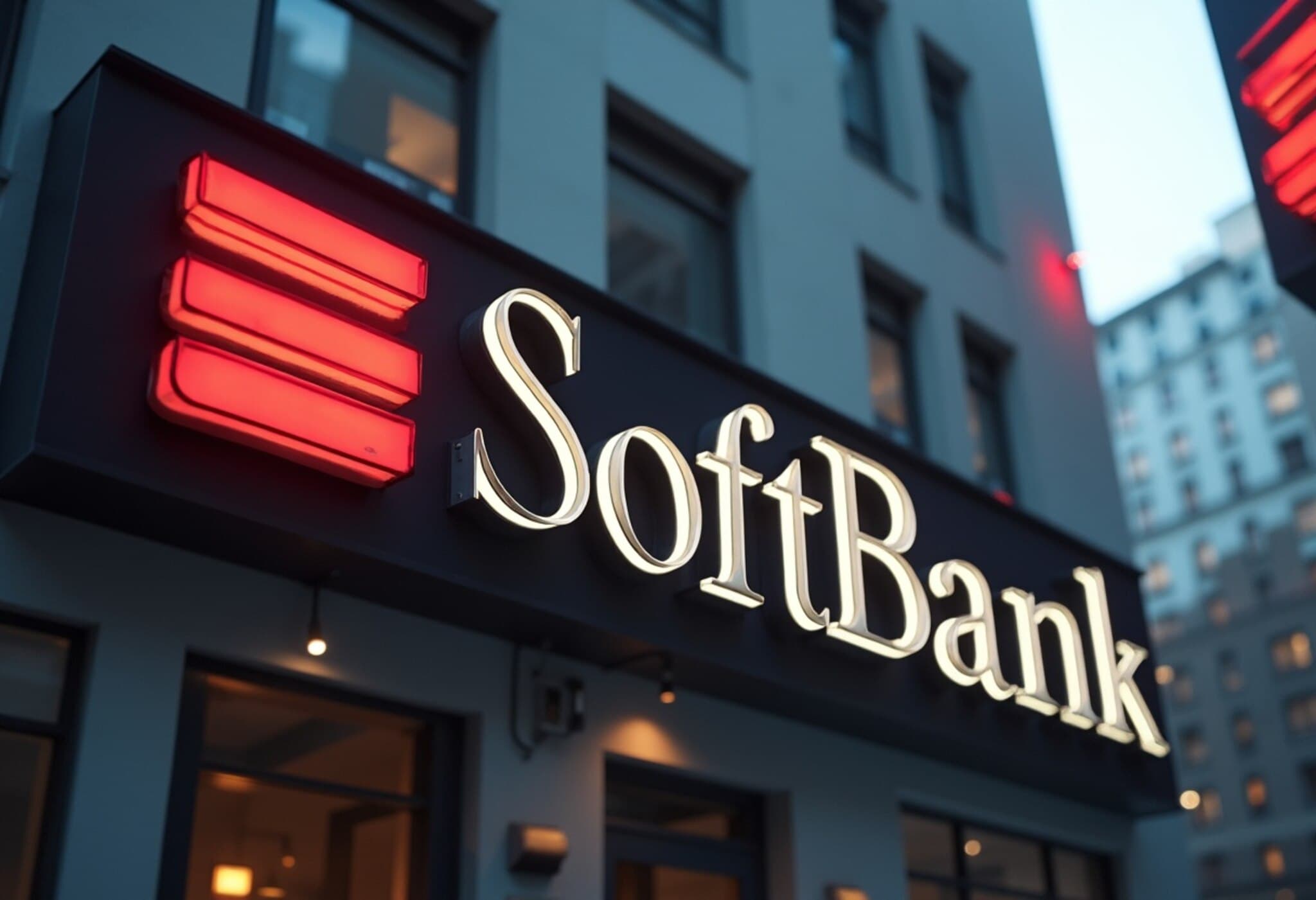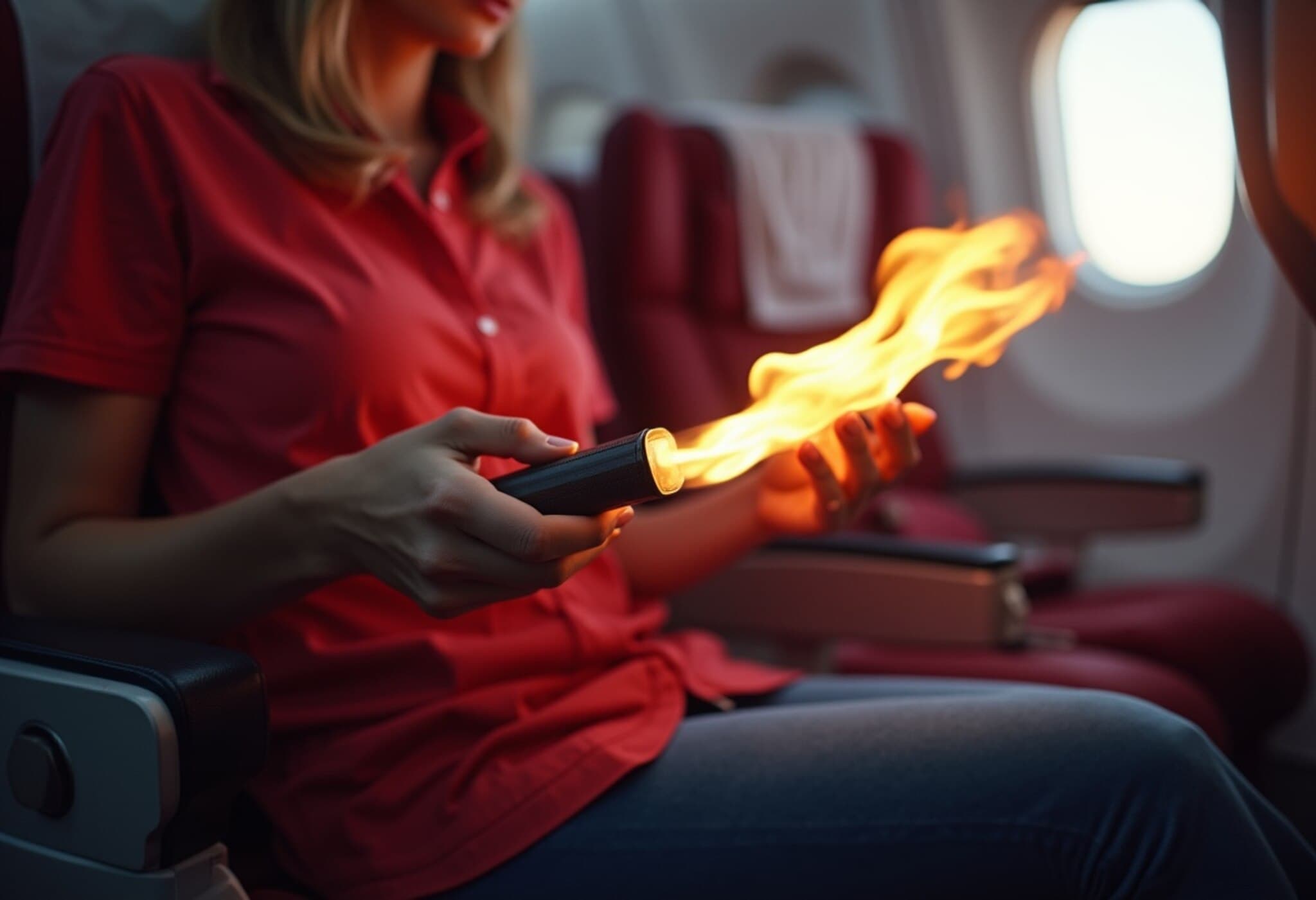Virgin Australia Debuts on Market with Strong Gains
Virgin Australia’s shares jumped 8.3% on their first day of trading, marking a successful initial public offering (IPO) that raised 685 million Australian dollars ($439 million). This debut signals a positive shift in an otherwise quiet listings market, injecting new energy into Australia’s aviation sector.
IPO Details and Valuation
The airline sold 236.2 million shares at a price of AU$2.90 each, resulting in a fully diluted valuation of approximately AU$2.32 billion. Trading kicked off at AU$3.14, comfortably outperforming a modest 1.2% rise in the Australian benchmark index on the same day.
Operational Challenges Amid Market Optimism
Virgin Australia’s market entrance comes amid some operational hurdles. Notably, two flights destined for Qatar were rerouted to India and Oman due to a temporary closure of Qatar’s airspace. This action was taken in response to missile launches targeting a U.S. base in the region, reflecting ongoing geopolitical tensions. The airline has yet to comment on the situation publicly.
Industry Impact and Competitor Movements
Meanwhile, rival carrier Qantas experienced a 4% uplift in share price after a 7% drop in global oil prices. The price decline followed Iran’s decision not to interfere with oil and gas shipping through the strategically vital Strait of Hormuz, easing fears around energy supply disruptions.
Fuel Hedging Strategy Mitigates Risks
Virgin Australia revealed in a regulatory filing that it has proactively hedged approximately 98% of its expected fuel consumption for the first half of 2026 and 86% for the latter half at a cap price of $70 per barrel for Brent crude oil. This strategy aims to cushion the airline against fluctuating fuel prices amid a turbulent global energy landscape.
Transformation and Ownership Structure
Virgin Australia’s CEO, Dave Emerson, reflected on the company’s recent journey: "Four years ago, with Bain Capital’s support, we focused on simplifying operations and sharpening our customer service strategy to better compete domestically." The airline had been delisted in 2020 after Bain Capital acquired it out of administration for a total price exceeding AU$3.5 billion, including liabilities.
Post-IPO, Bain Capital’s holding will reduce from roughly 70% to 39.4%, while Qatar Airways retains a significant 23% stake following its recent investment in the carrier.
Strong Investor Demand and Market Position
The IPO drew robust interest from institutional investors, who placed orders exceeding the total offering volume during the book-building phase. The shares were priced at nearly a 30% discount to Qantas, making them particularly attractive for buyers looking for value amid competitive market conditions.
According to data from the Australian Competition and Consumer Commission, Virgin holds a 34.4% share of the domestic flight market, trailing just behind Qantas’s 37.5% share as of March. Analysts and investors highlight Virgin’s strategic edge given its domestic focus and well-hedged fuel costs, making it more resilient in the face of geopolitical and commodity price uncertainties.
Looking Ahead: A Refined Focus on Domestic and Select International Routes
Under Bain’s stewardship, Virgin has scaled back its international footprint but has cautiously resumed key long-haul flights to Doha via a leasing partnership with Qatar Airways. This move aims to balance expansion ambitions with operational stability, leveraging alliances to bolster its network.

